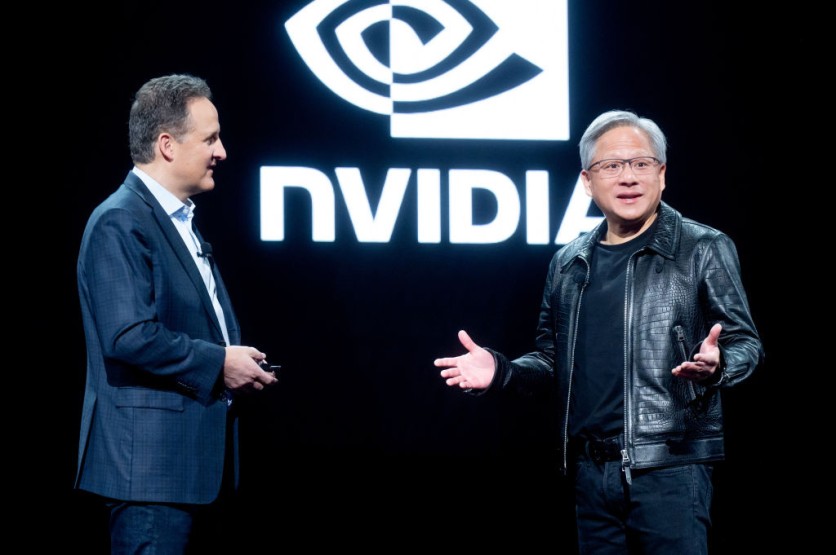Nvidia's CEO, Jensen Huang, has unveiled plans to strengthen collaboration with top tech firms in Vietnam, emphasizing the company's commitment to fostering talent in artificial intelligence (AI) and digital infrastructure.
Having already invested $250 million in Vietnam, Nvidia actively participates in partnerships deploying AI in cloud computing, automotive, and healthcare. Huang identified Viettel, FPT, Vingroup, and VNG as key partners for potential expansion, marking the occasion with a commitment to support Vietnam's AI training and infrastructure.
"Vietnam and Nvidia will deepen our relations, with Viettel, FPT, Vingroup, VNG being the partners Nvidia looks to expand partnership with," Huang said, as quoted by Reuters.

Nvidia's involvement in Vietnam gained prominence following diplomatic upgrading between Washington and Hanoi, as highlighted in a White House document from September. The CEO's visit coincided with reports of impending discussions on semiconductor cooperation deals between Nvidia and Vietnamese tech entities during a scheduled meeting on Monday.
Vietnam's Investment Minister, Nguyen Chi Dzung, seized the opportunity to underscore the country's preparations for attracting investments in the semiconductor and AI industries.
Dzung urged Nvidia to consider establishing a research and development facility in Vietnam, responding to Huang's proposal made after a meeting with Vietnamese Prime Minister Pham Minh Chinh on Sunday.
Vietnam Seizing The Big Opportunity
The extended collaboration aligns strategically with Vietnam's efforts to establish a foothold in the semiconductor industry amid ongoing geopolitical shifts, presenting opportunities arising from tensions between major players like the United States and China. With a focus on advancing capabilities in chip design and manufacturing, Vietnam aims to capitalize on the present circumstances.
Nvidia's Rival Now Preferred By Tech Juggernauts
The latest update on Nvidia's investment in Vietnam comes after tech giants Meta, OpenAI, and Microsoft disclosed their intent to utilize AMD's newest AI chip, the Instinct MI300X, signaling a shift towards alternatives to Nvidia graphics processors for AI programs.
The use of AMD's high-end chip, scheduled to ship early next year, may potentially reduce costs for developing AI models and exert competitive pressure on Nvidia's AI chip sales growth, according to CNBC.
AMD's MI300X, featuring a new architecture and 192GB of cutting-edge HBM3 memory, offers enhanced performance and data transfer capabilities, presenting a compelling option for technology companies and cloud service providers in the AI landscape. The industry's interest in substantial GPUs for cloud computing underscores the evolving dynamics in the AI chip market.


![Apple Watch Series 10 [GPS 42mm]](https://d.techtimes.com/en/full/453899/apple-watch-series-10-gps-42mm.jpg?w=184&h=103&f=9fb3c2ea2db928c663d1d2eadbcb3e52)


